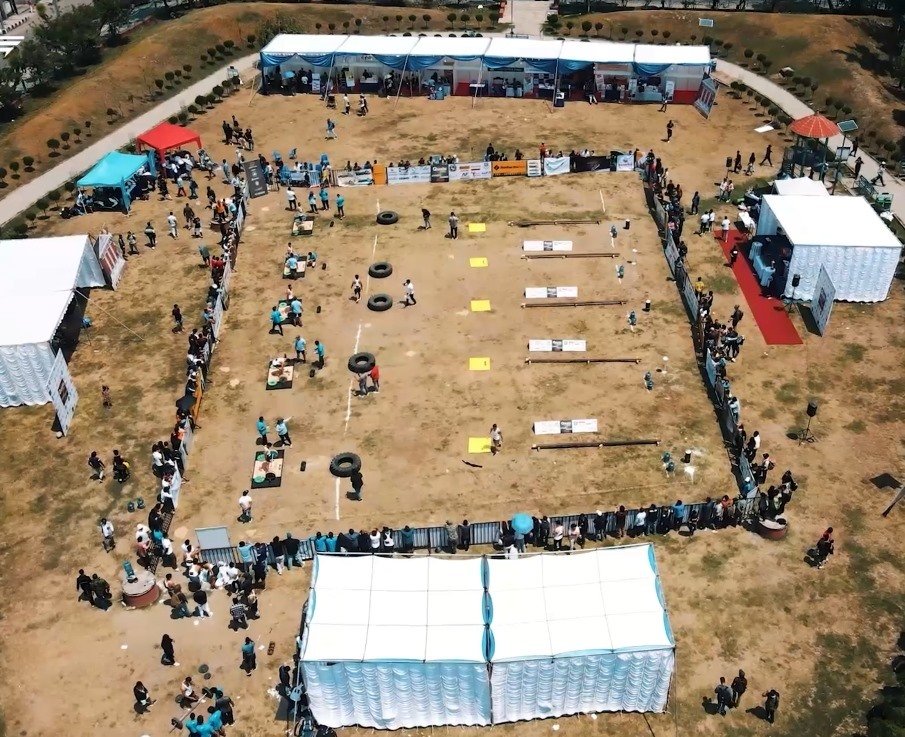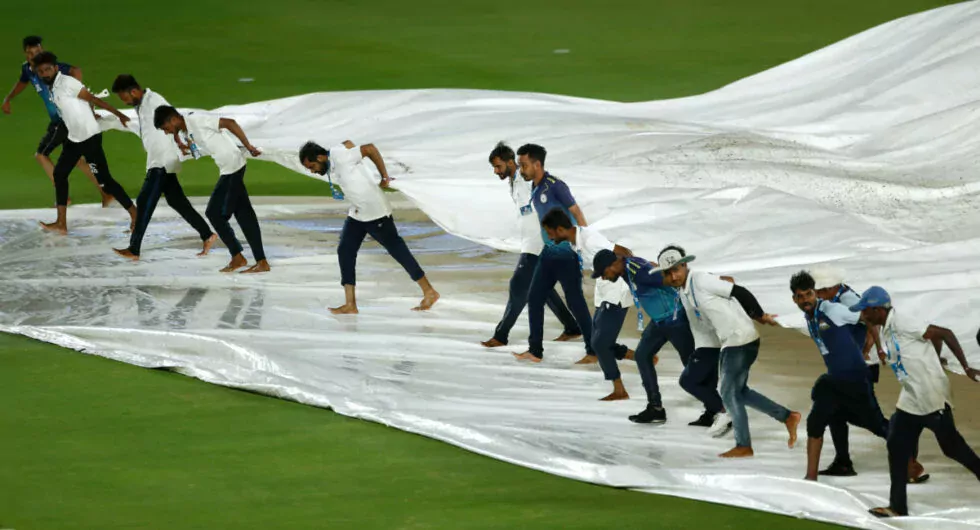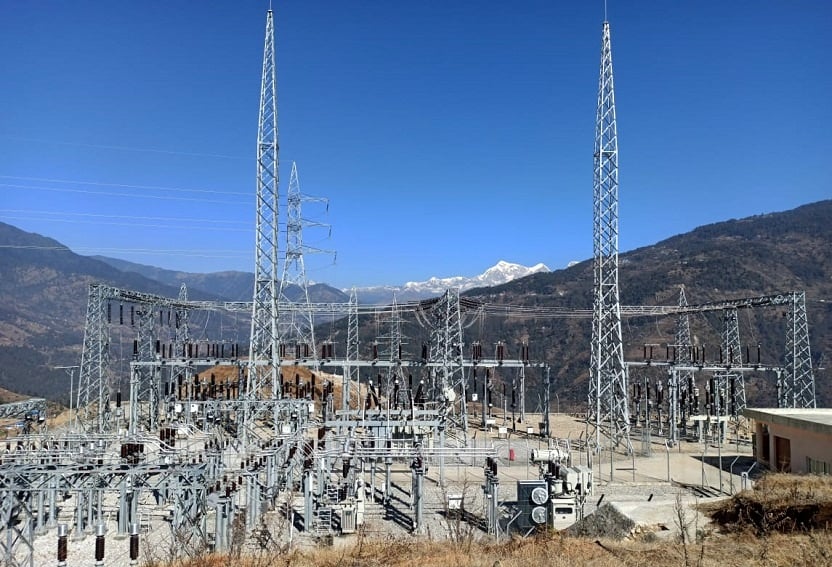World Cup 2022: Opta predicts each country's chances of winning
Brazil haven't won the World Cup since 2002 but there is a strong chance Qatar 2022 could be their year.

NOV 18: Using Stats Perform's artificial intelligence World Cup prediction model, the South Americans have emerged as the favourites to lift the trophy for a record extending sixth time. But how well are England and Wales going to perform?
To achieve a more well-rounded picture of who will win the 2022 World Cup, the prediction model estimates the probability of each match outcome - win, draw or loss - by using betting market odds and Stats Perform's team rankings.
The odds and rankings are based on historical and recent team performances. The model then considers opponent strength and the difficulty of their path to the final by using match outcome probabilities, taking into account the composition of the groups and seedings into the knockout stages.

Brazil emerge with the highest probability of winning. The five-time winners, who are overall favourites to win, have a 16% chance of lifting the trophy according to the model, and as the overall favourites for the tournament, are also the team with the highest probability of reaching the final (25%).
Just behind five-time winners Brazil, it is Argentina who have the second-highest probability of winning this year's World Cup. Lionel Scaloni's side, who are the favourites in Group C, have a 13% chance of going on to scoop the trophy this year.
Rounding out the top five contenders at the 2022 World Cup are France (12%), Spain (9%) and England (9%).
Despite being the third overall favourites to win the tournament, it is France who in fact have the highest probability of qualifying for the knockout stages of the tournament (91%), before the overall favourites Brazil (89%).
Croatia, who were beaten finalists in 2018, look unlikely to repeat that performance. Zlatko Dalic's side have just a 4% chance of making it back to the final this year, with 11 other teams in the tournament holding a higher probability of doing so. (with inputs from BBC)





_GuyKOE272v.png)




Leave Comment